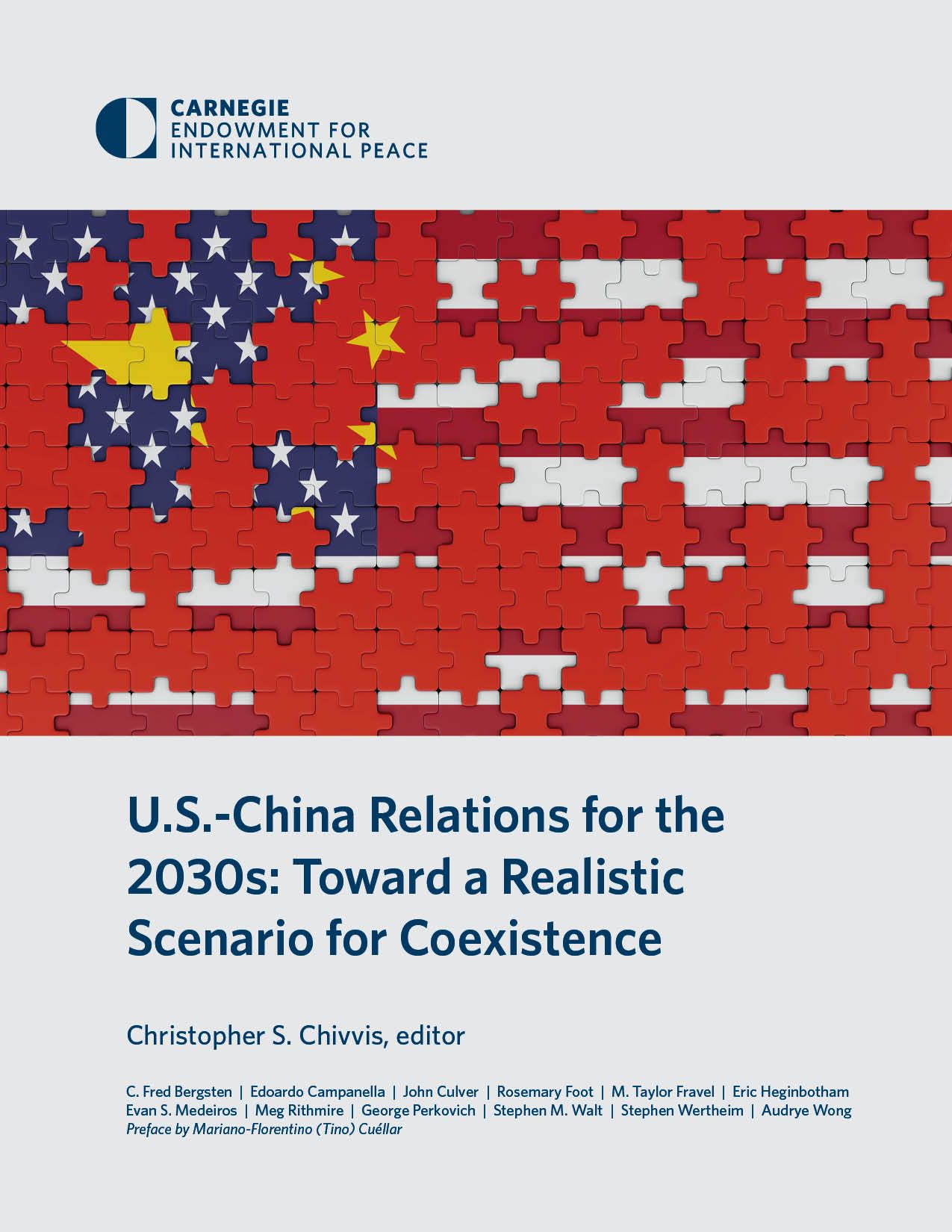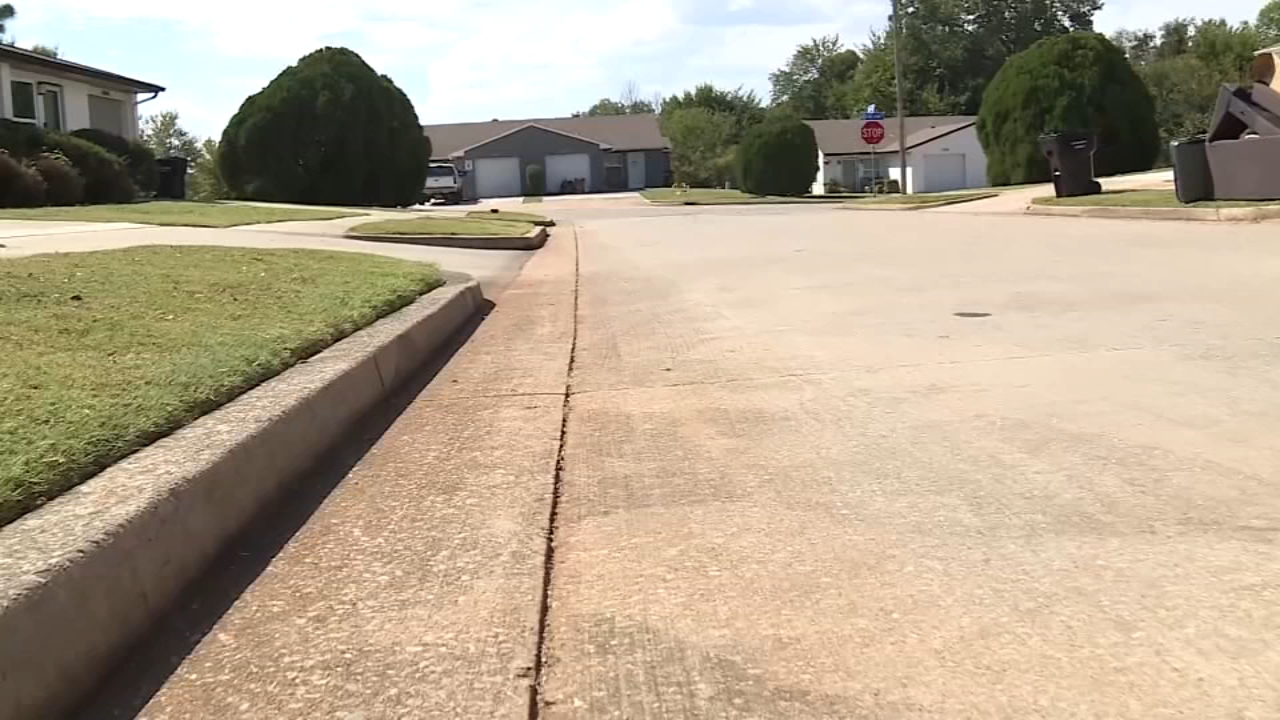Call to Action on Human Rights and Institutional Integrity in the Philippines
Legislative Efforts to Align with SDG 16: Peace, Justice and Strong Institutions
A report on recent developments in the Philippines indicates a significant push to strengthen national frameworks in line with Sustainable Development Goal 16. Lawmaker and human rights activist Leila de Lima has called for urgent measures to criminalize the practice of “red-tagging.” This initiative directly supports the targets of SDG 16, which aim to promote the rule of law and build effective, accountable, and inclusive institutions at all levels.
- In the upcoming 20th Congress, Senator de Lima will prioritize House Bill No. 1431, titled the “Human Rights Defenders (HRD) Protection Act.”
- This legislative action is a direct attempt to achieve SDG Target 16.A by strengthening national institutions to protect citizens and prevent violence.
- De Lima’s assertion that human rights defenders “continue to be under serious threat” highlights a critical challenge to SDG Target 16.1 (reduce all forms of violence) and SDG Target 16.10 (protect fundamental freedoms).
The Human Rights Crisis and its Impact on Sustainable Development
The practice of red-tagging, defined as the malicious labeling of individuals or groups as communist-affiliated, poses a direct threat to the establishment of peaceful and inclusive societies as envisioned in SDG 16. Statistical evidence underscores the severity of the situation and its detrimental effect on sustainable development progress.
- A report from the Asian Forum for Human Rights and Development documented that the Philippines had the highest number of alleged abductions of human rights defenders in Asia from 2023-2024.
- Victims of this practice are often journalists, activists, and academics, whose persecution creates a chilling effect on freedom of expression, a fundamental freedom protected under SDG Target 16.10.
- This environment of harassment and fear directly undermines the core SDG principle of leaving no one behind, particularly those working to defend human rights.
Judicial and Political Context: Challenges to SDG 16 Targets
Recent events illustrate both progress and persistent challenges in upholding the rule of law (SDG Target 16.3) and ensuring equal access to justice for all. While judicial milestones have been achieved, the experiences of human rights defenders reveal systemic weaknesses that impede the full realization of SDG 16.
- The Supreme Court of the Philippines, in its July 4, 2023, ruling in Siegfred D. Deduro v. Major General Eric C. Vinoya, officially declared red-tagging a threat to a person’s life, liberty, and security. This decision marks a positive step towards aligning national jurisprudence with SDG 16.
- The personal case of Senator de Lima, who was detained in 2017 on what were later determined to be fabricated charges and fully acquitted in June 2024, exemplifies the profound risks faced by government critics and the urgent need for impartial justice systems.
- Her investigation into human rights violations and subsequent persecution underscore the critical importance of protecting those who work to ensure accountability, a key component of strong institutions (SDG 16).
Implications for Broader Sustainable Development Goals
The campaign against red-tagging and for the protection of human rights defenders is intrinsically linked to a wider array of Sustainable Development Goals beyond SDG 16. The security of these individuals is a prerequisite for progress across the 2030 Agenda.
- SDG 5 (Gender Equality): The targeting of prominent female political leaders and activists like Leila de Lima is a significant barrier to ensuring women’s full and effective participation and equal opportunities for leadership in public life (Target 5.5).
- SDG 10 (Reduced Inequalities): As red-tagging frequently targets those advocating for marginalized and vulnerable populations, it actively obstructs efforts to promote social, economic, and political inclusion for all (Target 10.2) and ensure equal opportunity (Target 10.3).
SDGs Addressed in the Article
SDG 16: Peace, Justice and Strong Institutions
- The article focuses on the violation of human rights in the Philippines, specifically the practice of “red-tagging,” which threatens individuals’ life, liberty, and security.
- It highlights the dangers faced by human rights defenders, journalists, and activists, including abductions and fabricated legal charges.
- The discussion revolves around the need for legal protection (Human Rights Defenders Protection Act), the role of the judiciary (Supreme Court ruling), and the call for accountable and transparent institutions to end these abuses. These themes are central to SDG 16, which aims to promote peaceful and inclusive societies, provide access to justice for all, and build effective, accountable institutions.
Identified SDG Targets
-
Target 16.1: Significantly reduce all forms of violence and related death rates everywhere
- The article explicitly mentions the “highest number of alleged abductions of human rights defenders in Asia” and “extrajudicial actions” during the “war against drugs.” These are direct forms of violence that this target aims to reduce.
-
Target 16.3: Promote the rule of law at the national and international levels and ensure equal access to justice for all
- The case of Leila de Lima, who was detained on “fabricated charges” and later acquitted, exemplifies the struggle for justice and the importance of the rule of law.
- The Supreme Court’s judgment declaring red-tagging a threat to life, liberty, and security is a direct effort to uphold the rule of law.
- The proposed “Human Rights Defenders (HRD) Protection Act” is a legislative measure aimed at ensuring access to justice and protection for a vulnerable group.
-
Target 16.10: Ensure public access to information and protect fundamental freedoms, in accordance with national legislation and international agreements
- The article states that victims of red-tagging are “often journalists, activists, and academicians.” This practice is described as a threat to “freedom of expression.”
- Protecting these individuals is essential for ensuring fundamental freedoms, which is the core objective of this target. The call to criminalize red-tagging is a direct action toward protecting these freedoms.
Implied Indicators for Measurement
-
Indicator 16.10.1: Number of verified cases of killing, kidnapping, enforced disappearance, arbitrary detention and torture of journalists, associated media personnel, trade unionists and human rights advocates in the previous 12 months
- This indicator is directly referenced in the article through the report by the Asian Forum for Human Rights and Development, which “documented how the Philippines had the highest number of alleged abductions of human rights defenders in Asia from 2023-2024.” This provides a quantifiable measure of violence against human rights advocates.
-
Indicator 16.1.1: Number of victims of intentional homicide per 100,000 population, by sex and age
- While not providing a specific rate, the article implies this indicator by referencing “extrajudicial actions” and killings during the “war against drugs” and the investigation spearheaded by Leila de Lima into killings in Davao City. Tracking these deaths is a way to measure progress toward reducing violence.
-
Indicator 16.3.3: Proportion of the population who have experienced a dispute in the past two years and who accessed a formal or informal dispute resolution mechanism, by type of mechanism
- The article provides case examples of individuals interacting with the justice system. Leila de Lima’s acquittal by a trial court and the Supreme Court’s judgment in Siegfred D. Deduro v. Major General Eric C. Vinoya are instances of formal dispute resolution mechanisms being accessed and utilized, which this indicator aims to track.
Summary Table: SDGs, Targets, and Indicators
| SDGs | Targets | Indicators |
|---|---|---|
| SDG 16: Peace, Justice and Strong Institutions | 16.1: Significantly reduce all forms of violence and related death rates everywhere. | 16.1.1: The article mentions investigations into “killings in Davao City” and “extrajudicial actions,” which are forms of intentional homicide. |
| SDG 16: Peace, Justice and Strong Institutions | 16.3: Promote the rule of law at the national and international levels and ensure equal access to justice for all. | 16.3.3: The article details legal proceedings, such as Leila de Lima’s acquittal and the Supreme Court’s ruling against red-tagging, showing the use of formal dispute resolution mechanisms. |
| SDG 16: Peace, Justice and Strong Institutions | 16.10: Ensure public access to information and protect fundamental freedoms. | 16.10.1: The article directly cites a report documenting the “highest number of alleged abductions of human rights defenders,” a key metric for this indicator. |
Source: jurist.org







